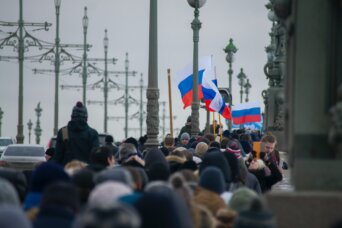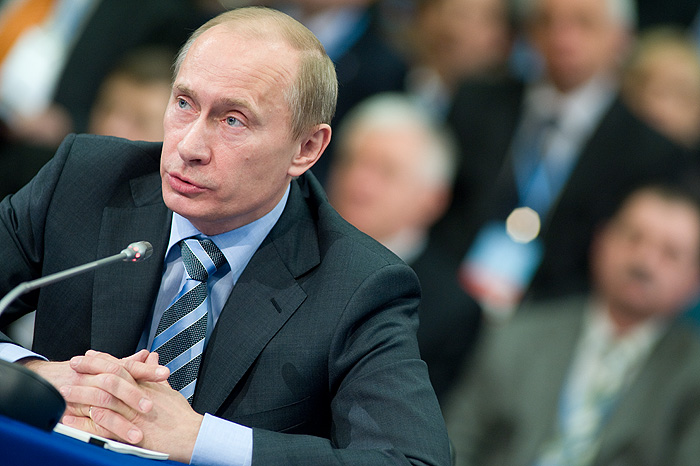- About
- Topics
- Picks
- Audio
- Story
- In-Depth
- Opinion
- News
- Donate
- Signup for our newsletterOur Editors' Best Picks.Send
Read, Debate: Engage.
| topic: | Humanitarian Aid |
|---|---|
| located: | Serbia, Bosnia and Herzegovina, Russia, Ukraine |
| editor: | Katarina Panić |
It has been more than a month since the first refugees from Ukraine entered Serbia and Bosnia and Herzegovina. Yet, the states have still not found a solution on how to legalise their stay. According to law, they may stay up to 30 days from their date of entrance. After one month of a visa-free sojourn they must leave the country, but they usually cross the border provisionally and, after a couple of hours, return - and are granted another 30 days to stay. Another possibility is to apply for asylum, but hardly anyone has succeeded - only five in both countries.
From the 13,000 people who entered Serbia, 10,000 have already left further east. Among the thousand people that came to Bosnia, more than 700 have already gone. Like the people on the move who originate from the Middle East and Africa, everyone is trying to reach the European Union.
The EU solved its administrative barriers promptly: from 3 March, those fleeing the war were granted temporary protection in the bloc, including a residence permit and access to education and the labour market.
Both Serbia and Republika Srpska, the Serb-dominated autonomous part of Bosnia, traditionally support Moscow. They did not support the sanctions against Russia; they have nurtured a strong anti-NATO sentiment because of the bombing of former Yugoslavia in 1999; they avoided using the word ‘invasion’ for Russia’s presence in Ukraine. In return, Russia did not blacklist them. Besides these two countries, public gatherings in support of Russia have taken place in Montenegro, Kosovo and North Macedonia. The rallies were organised by several right-wing groups that mostly appose the same issues: NATO, EU, LGBTQ, vaccination, abortion.
On 9 March, local journalists in the Bosnian town of Prijedor were confidentially invited to attend a pro-Russian rally on an overpass. The organisers refused to be identified. They were hardly able to gather because police dispersed them immediately for failure to report the public gathering. Still, they managed to set up a massive banner over the bridge, which read: “Russians and Serbs brothers forever.” The police removed it quickly, although not because of the content, but because they did not apply nor get the permission to do so.
However, the pro-Russian attitudes have not provoked anti-refugee sentiments. Both Russians and Ukrainians are welcomed by ordinary people - just not by the sluggish, slow and incompetent bureaucracy.
Photo by Klaus Wright

